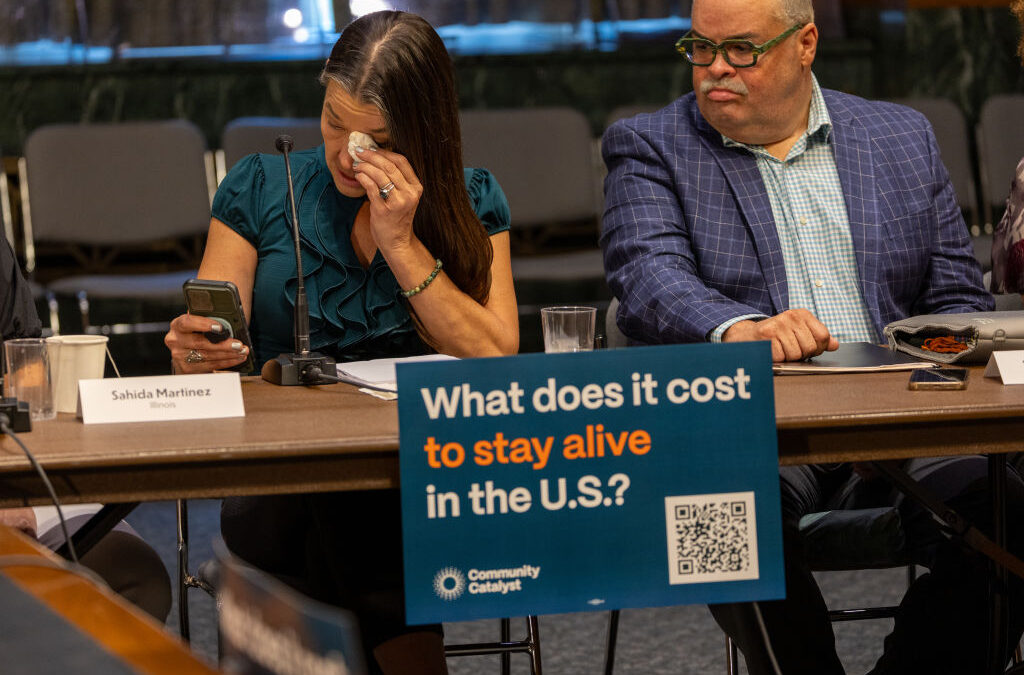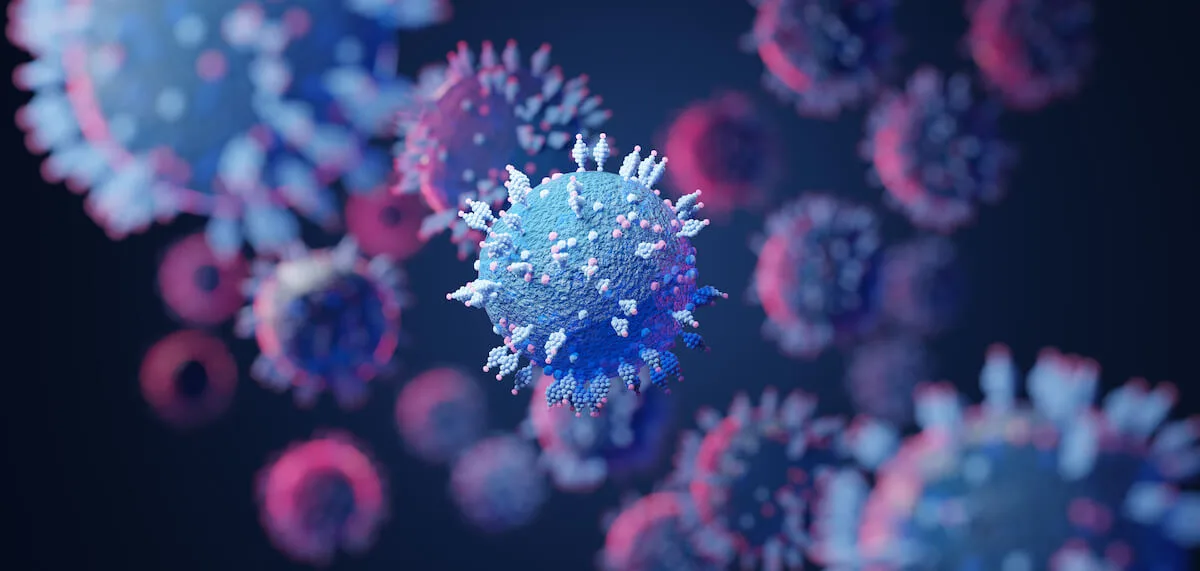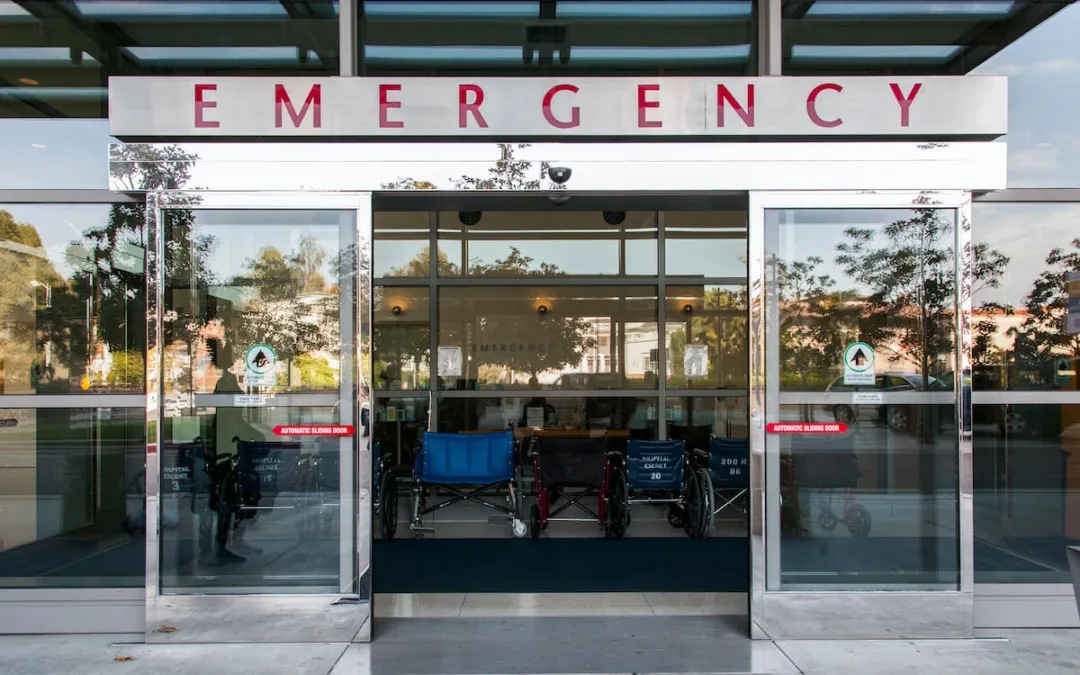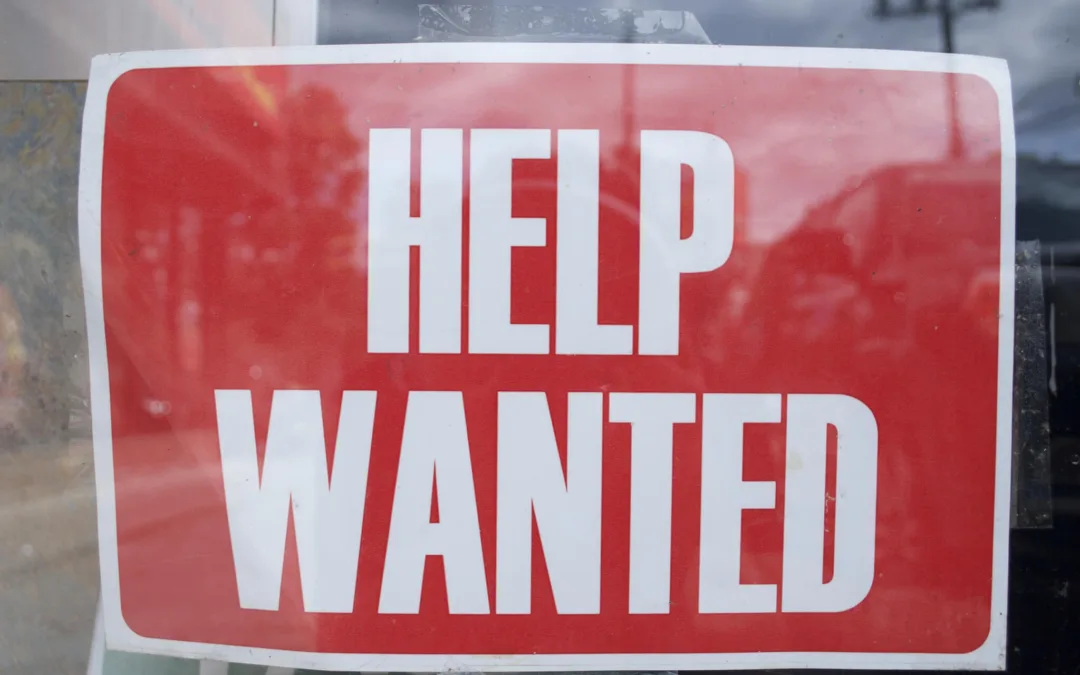
#image_title
#image_title
Highest single-day loss of life, 48 deaths, as pleas are made for basic but compassionate safeguards.
Hours before state health officials announced the highest single-day loss of life in the coronavirus pandemic, Dan Unright of De Pere was asking Wisconsinites to hear his story and take the outbreak more seriously.
Unright wasn’t worried when he tested positive for COVID-19. At that point, he’d only had “flu-like” symptoms: fever, chills, aches and pains. He’s only 32 years old and works as a personal trainer, so low-risk for anything more, he figured.
“At that moment I convinced myself that I was going to have a mild case of COVID since I was young, and healthy, and had no underlying conditions,” he said.
He was so good at convincing himself he ignored it when he started to feel pain in his chest and continued to ignore it as it got worse.
Fortunately, Dan’s wife Lindsey is an emergency room nurse. He was quarantining in one of the bedrooms while she cared for their two children. She checked in on him and found that his oxygen levels had dropped and took him to the hospital.
Dan had developed pneumonia and had to spend 5 days in the intensive care unit. His blood oxygen levels continued to decline and at one point the doctors said that if they didn’t improve, he would need to be intubated.
“The hardest part of this experience was not knowing when or if I would come home to my family,” he said.
Meanwhile Lindsey was at home with their kids, unable to visit him at the hospital.
“I felt so helpless as he got worse,” she said. “We were completely physically cut off from our support system.”
In the end, Dan spent 10 “long” days in the hospital. He is still recovering from his bout with COVID-19.
“It’s been 2 months and I’m still trying to get back to my normal lifestyle,” he said.
Dan and Lindsey chose to speak at a media briefing organized by the Brown County Health Department and area hospitals on Wednesday.
Not long after the event, the state Department of Health Services put out a sobering daily report that noted 48 deaths since Tuesday from COVID-19 and another 4,205 newly diagnosed coronavirus infections. There have now been 1,681 deaths in Wisconsin from COVID-19.
The supplemental medical facility at State Fair Park in West Allis admitted its first patient on Wednesday. The Wisconsin Hospital Association reports 1,190 patients being treated for COVID-19 around the state.
While much of the conversation in Brown County surrounding COVID has been centered on morbidity, four individuals spoke about the devastating impact COVID has on survivors.

“We’re still feeling the effects of COVID months later; Physically, emotionally, financially, it’s taken a toll on our family,” said Lindsey. “We beg you to take this seriously.”
Audrey Nowak, a 53 year-old teacher and musician said at first her symptoms were also very mild and since she’s also not high-risk, she told herself not to worry as she got more and more ill.
“COVID plays with your mind and you don’t always know what’s going on,” she said
Luckily a friend sent her a pulsometer which told her that her blood oxygen levels were getting dangerously low. She was also admitted to the ICU.
“If you’re in the ICU with COVID alone, isolated, cut-off from family and friends, your life flashes before your eyes minute after minute, hour after hour, day after day,” she said. “It’s really scary.”
Steven Meyer, who wears several hats in the Green Bay area, said when he learned about COVID, he took it very seriously.
“I understand exponential growth. I wholeheartedly believe that I have a responsibility to the people I work with in my company, my family and communities I participate in,” he said. “I didn’t like the idea of social distancing. I did it from the very beginning because I decided that’s what love does right now: that’s how we show that we care for other people.”
His wife was called by the health department and told that she had come into contact with someone who had tested positive. They both had mild symptoms and recovered after bed-rest and drinking plenty of fluids. And Steven thought he was cured.
Then two days later, it came “roaring back.”
“I got sick in ways I’d never been sick before,” he said.
He had night sweats, loss of taste and smell and extreme fatigue. One of the scariest symptoms was that he couldn’t get enough air into his lungs.
“It wasn’t painful like it is with pneumonia. It was just labored like I’d been backpacking at 12,000 feet without being acclimated,” he said. “It was scary.”
The second was brain fog, which he said persisted for several weeks. He emphasized that he’s in a relatively low risk category – under 60, no heart disease, asthma, not a smoker and not overweight.
“You do not want to get COVID and you certainly don’t want to be responsible for giving it to anyone else,” he said. “Wearing masks in public, keeping distance, none of that is about fear; it’s what human compassion does right now. This is how we care about the wellbeing of other people.”
One woman spoke of the impact the virus has on those who are left behind. Jennifer Webster of the Oneida Nation talked about the pain she and her family felt after her 80-year-old father went into the hospital with COVID and they couldn’t be there to comfort him.
“All we could do is sit and wait in our cars at the hospital,” she said. “It was after the initial shock, you’re sitting in your car, you’re looking around and there’s all these other people sitting in their cars. And you’re hurting and they’re hurting and we all know nobody can be at their loved one’s bedside. There’s nothing you can do but sit and wait.”
The nurse told them to wait at home, so they did. They called her father and every time they spoke he said, “All he wanted was to come home.”
Her father died on May 26. He was a travel historian who wrote several books on the Oneida and Jennifer said he had started working on another book last October which he never finished.
The family held a drive-through funeral. Her 97-year-old grandmother was brought to the funeral in a van but she couldn’t leave the van and no one could enter it.
“I can’t tell you how it is to grieve knowing you can’t console your loved one with a hug,” Jennifer said.
Jennifer’s mother also had some symptoms but she is doing well. She and Jennifer’s father had been married for 50 years. Jennifer said her mother is, “adjusting to being without my father.”
Politics

Opinion: It’s time for Congress to fight for small businesses instead of big corporations
May is National Small Business Month. Our elected leaders need to show leadership all year long. For the past 27 years I’ve been fortunate to pursue...

Here’s what you need to know about medical debt in Wisconsin
Medical debt—a financial burden for tens of millions of Americans facing hundreds of billions of dollars in health care costs—affects everyone,...
Local News

Sip, sit, stay: 7 dog-friendly businesses in Eau Claire
When the sun’s out, everyone wants to be outside drinking and dining — including dogs! But not all establishments allow four-legged, furry visitors....

The 8 most convincing UFO sightings in Wisconsin history
If you’ve ever seen something light up in the sky and wondered what it could be, there’s a chance it’s a UFO, especially if you’re in Wisconsin. The...





